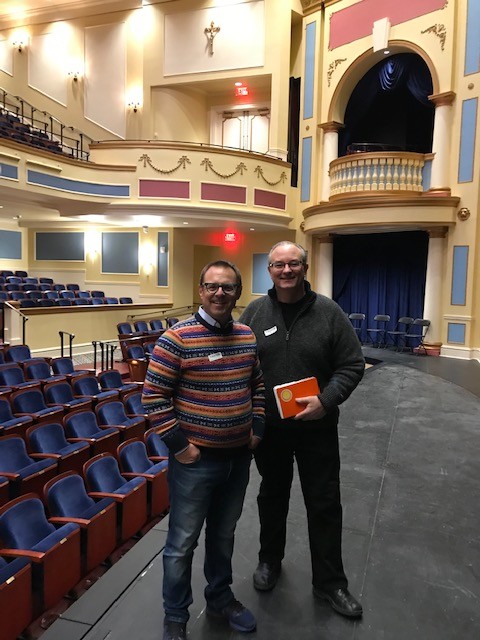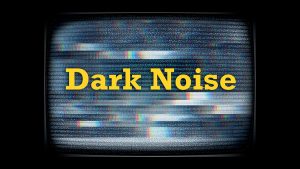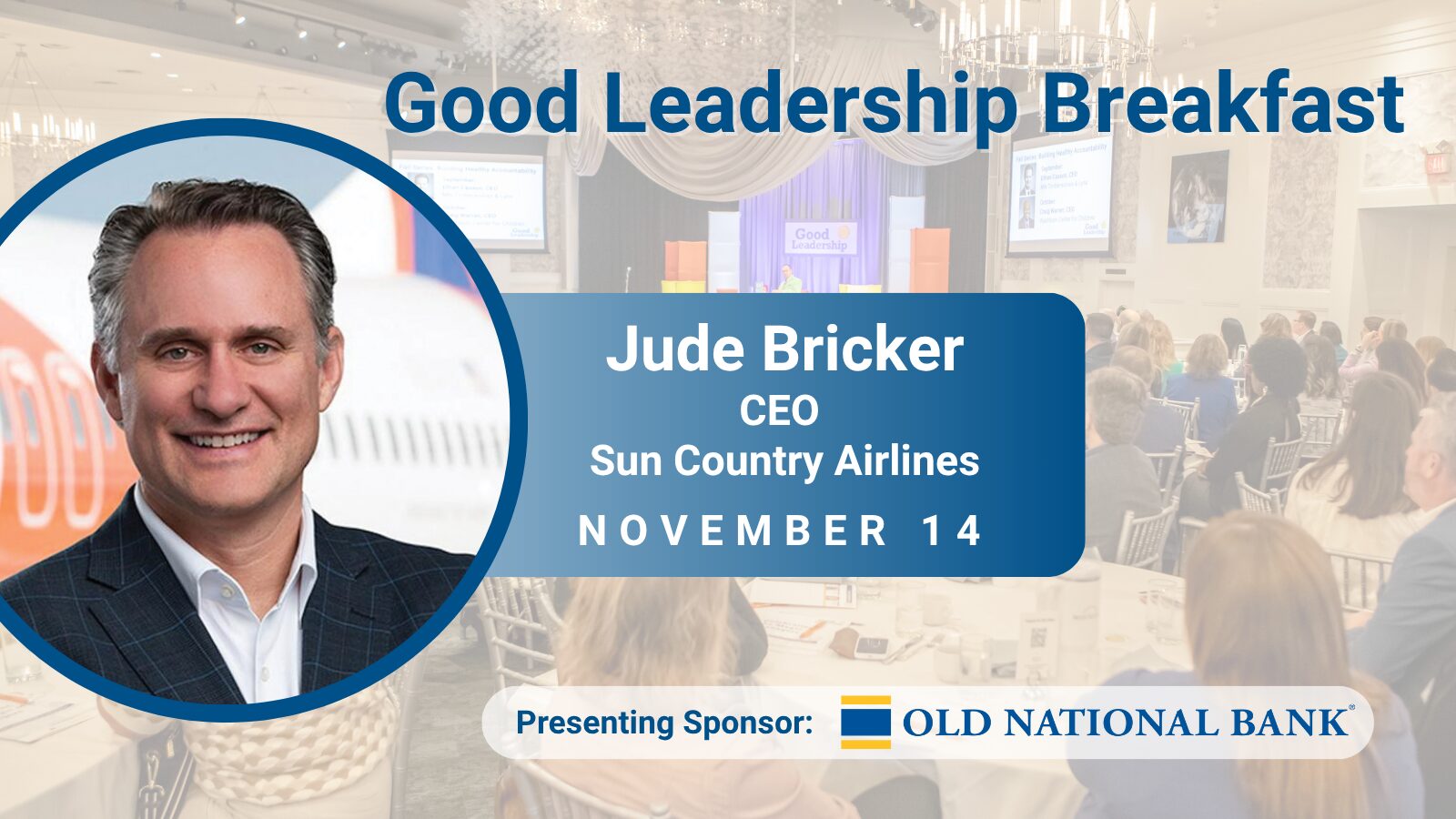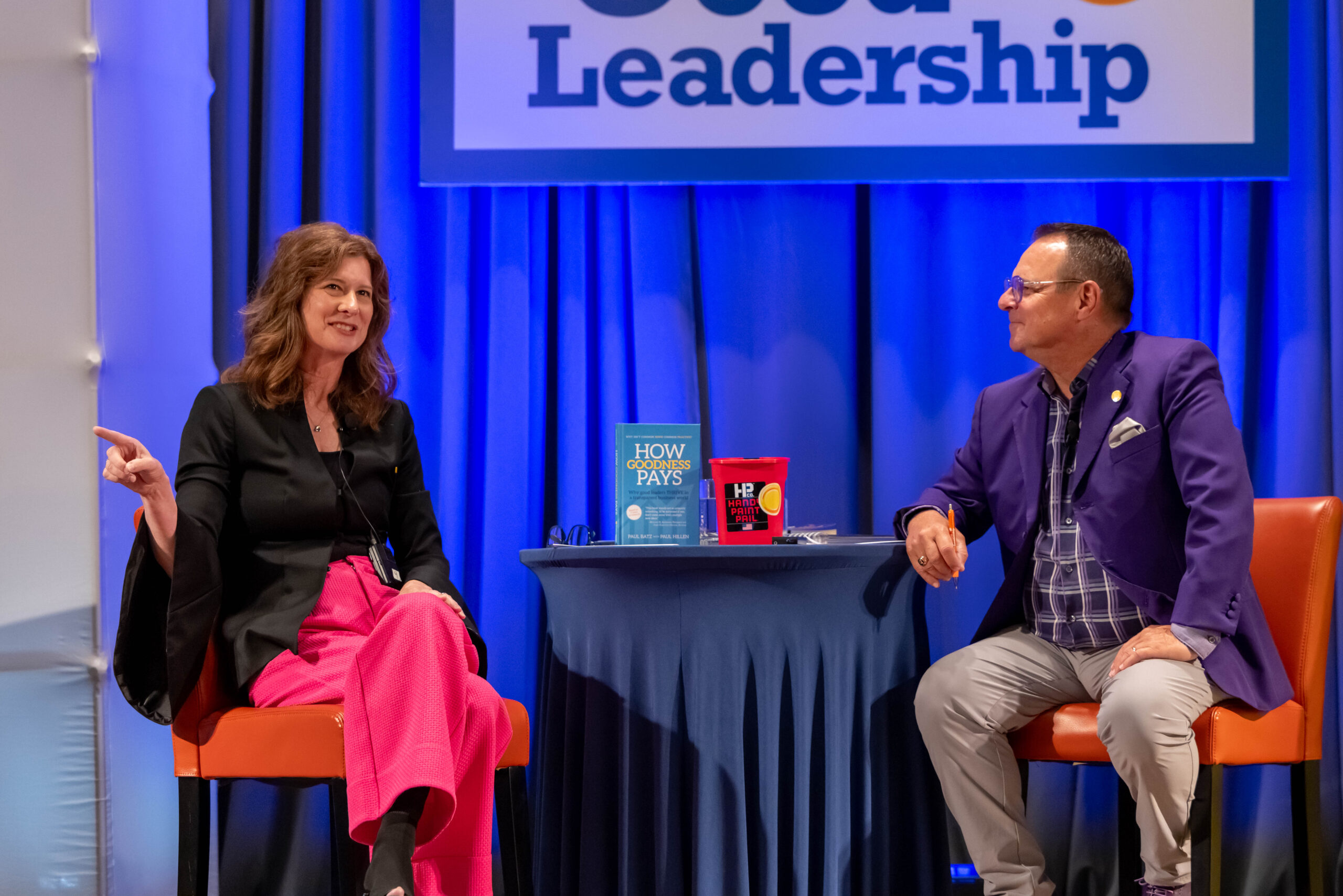

Good Leaders: How are you rehearsing for success?
Paul Batz

This Thursday, Paul Hillen and I are providing the inspirational keynote address for a thought-leader series called: Pancakes at Providence. It’s a regular series where thought-leaders speak to the families and friends of the high school students at Providence Academy in Plymouth, MN. It’s a very prestigious opportunity, and our very first keynote about the How Goodness Pays book together. We’re both excited, nervous, and curious about how we will share the stage.
My job is to start the conversation about “goodness.” It’s not a word we hear very often in the business world. And the best place to start is with the most basic question: Why talk about goodness now?

First, it’s because of the constant swirl of negativity we call The Dark Noise. You know, it’s the steady stream of “fake news,” political bickering, and the increasing number of stories about crimes and wrongdoing. It stems from the fact that we are losing trust in the four major “institutions” that have historically knit us together: Government, Big Business, Organized Religion, and the Media. The result of all of this is a consuming wave of negativity that leaves us yearning for something better, and brighter.
Second, even the youngest people in the room today feel the accelerating speed of change in their lives…it’s enough to make us all dizzy.
Third, the Dark Noise and Speed of Change contribute to a cultural avalanche of Short-term thinking: its easy to understand how we’re feeling squeezed by all of the forces converging in our lives.

As one of the “older people” in the room, I remember the days when we worked on deadlines that were two or three weeks away, then somewhere along the line it reduced to two or three days. Now it seems like everything is two or three minutes.
So, why talk about goodness…and why now? In the context of all the negativity, more and more people are counting on their workplace – specifically businesses – to become a source of positivity. And we’re yearning for leaders who can be a source of moral/ethical strength in our lives. We expect our businesses to do good, because we need more goodness around us.
So, the title of this talk is “How Goodness Pays.” It’s reasonable that you might be thinking “goodness” and “pays” are conflicting ideas.
What makes our speech interesting is that although Hillen and I both represent business leadership – my orientation is to think about goodness first: doing good things without expecting anything in return. And Hillen’s orientation is to focus on pays – which is getting a return for something you’ve done.

What we learned together is these ideas CAN, and DO coexist – our early research found that 4 out of 5 leaders do believe: Goodness Pays. The problem is…only 2 out of 5 of those same leaders are happy with the consistency of their financial results – they just don’t know HOW to make goodness pay.
So, we’re rehearsing day and night because we hired a Twin Cities Public Television crew to film the event and produce a documentary-style video. That’s a lot of pressure. And that’s why we are rehearsing, and rehearsing, and rehearsing.
Good leaders recognize important moments in their lives when they need to be well-rehearsed and confident. And they trust their partners to bring out the best in themselves.



